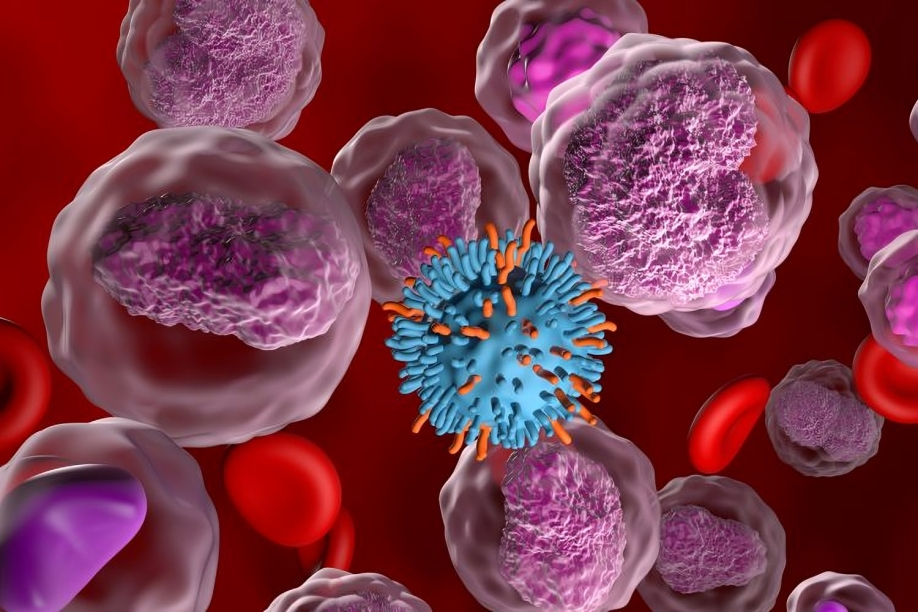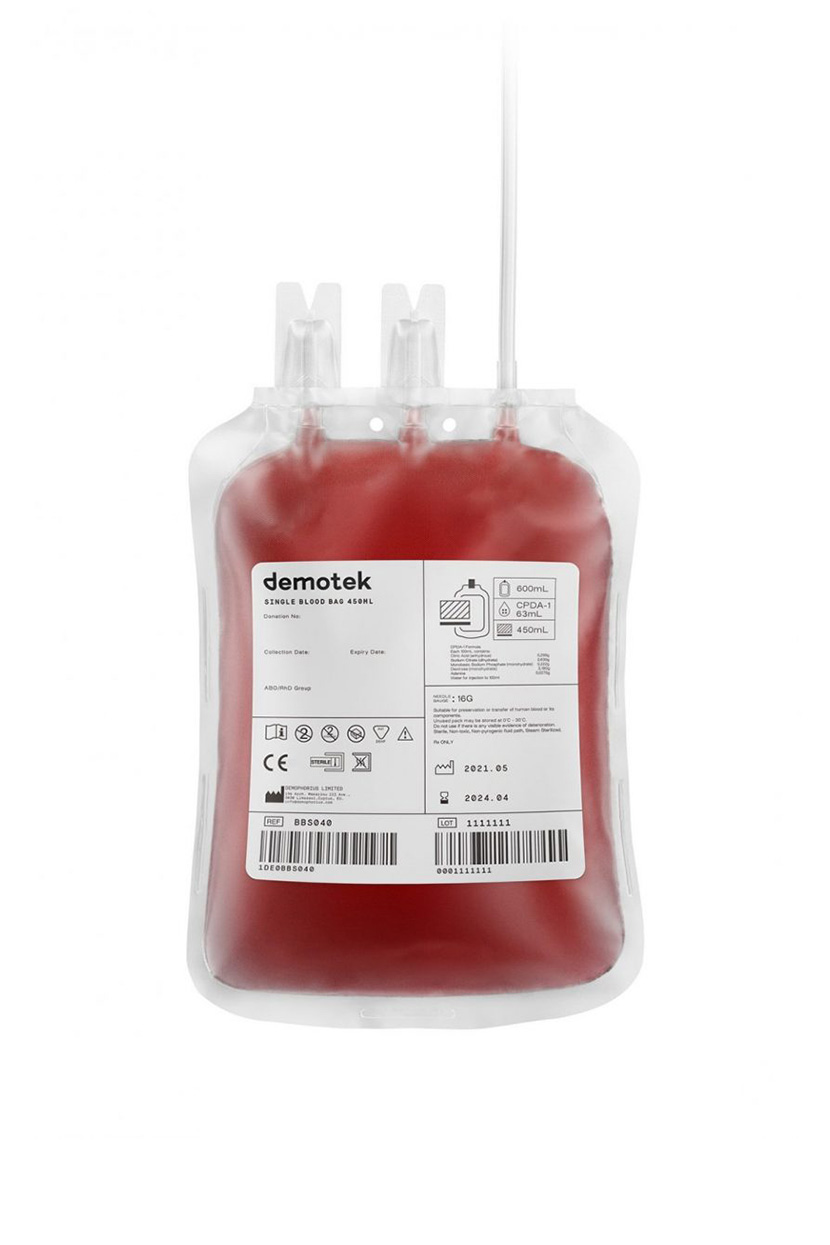Monitoring and Early Identification Critical for Iron Overload in Beta-Thalassemia

The current standard of care is chelation therapy, but limitations of this approach highlight the need for novel treatments. “Continued research and clinical trials are vital to developing safer, more effective treatments and improving the quality of life for [beta]-thalassemia patients worldwide,” the authors wrote in their report.
In the review, the authors describe the mechanisms of iron overload in beta-thalassemia, which occur either as a result of regular blood transfusions in patients who are transfusion-dependent (TDT) or due to increased iron absorption through the gastrointestinal tract in patients who are non-transfusion dependent (NTDT).
Iron overload leads to mitochondrial dysfunction thus leading to oxidative stress, decreased energy production, mitochondrial DNA mutations, and impaired cellular health.
Multiple organs are susceptible to iron overload, including the liver, heart, and endocrine system. Damage to these organs can result in fibrosis, cardiomyopathy, and endocrine dysfunction, respectively. If untreated, iron overload can result in death.
“Personalized and highly effective treatments for thalassemia-related iron overload and associated mitochondrial disorders are needed, as these treatments are expected to improve patient outcomes and quality of life.”
To avoid organ damage, the authors highlighted the importance of ongoing monitoring of serum ferritin levels, total iron binding capacity, serum transferrin saturation, and non-transferrin-bound iron. MRI can also assess iron accumulation.
The standard-of-care treatment is chelation therapy using deferoxamine, deferiprone, or deferasirox. Patient adherence is critical, but can be affected by route of administration and the strict regimen required. The dosing of chelation therapy is dependent on iron accumulation rates, particularly for iron overload related to blood transfusions.
“As research and clinical trials progress, personalized and highly effective treatments for thalassemia-related iron overload and associated mitochondrial disorders are needed, as these treatments are expected to improve patient outcomes and quality of life,” the authors concluded in their report.
🖋 Article by Andrea S. Blevins Primeau, PhD, MBA on Hematology Advisor
📝 Read the study here



